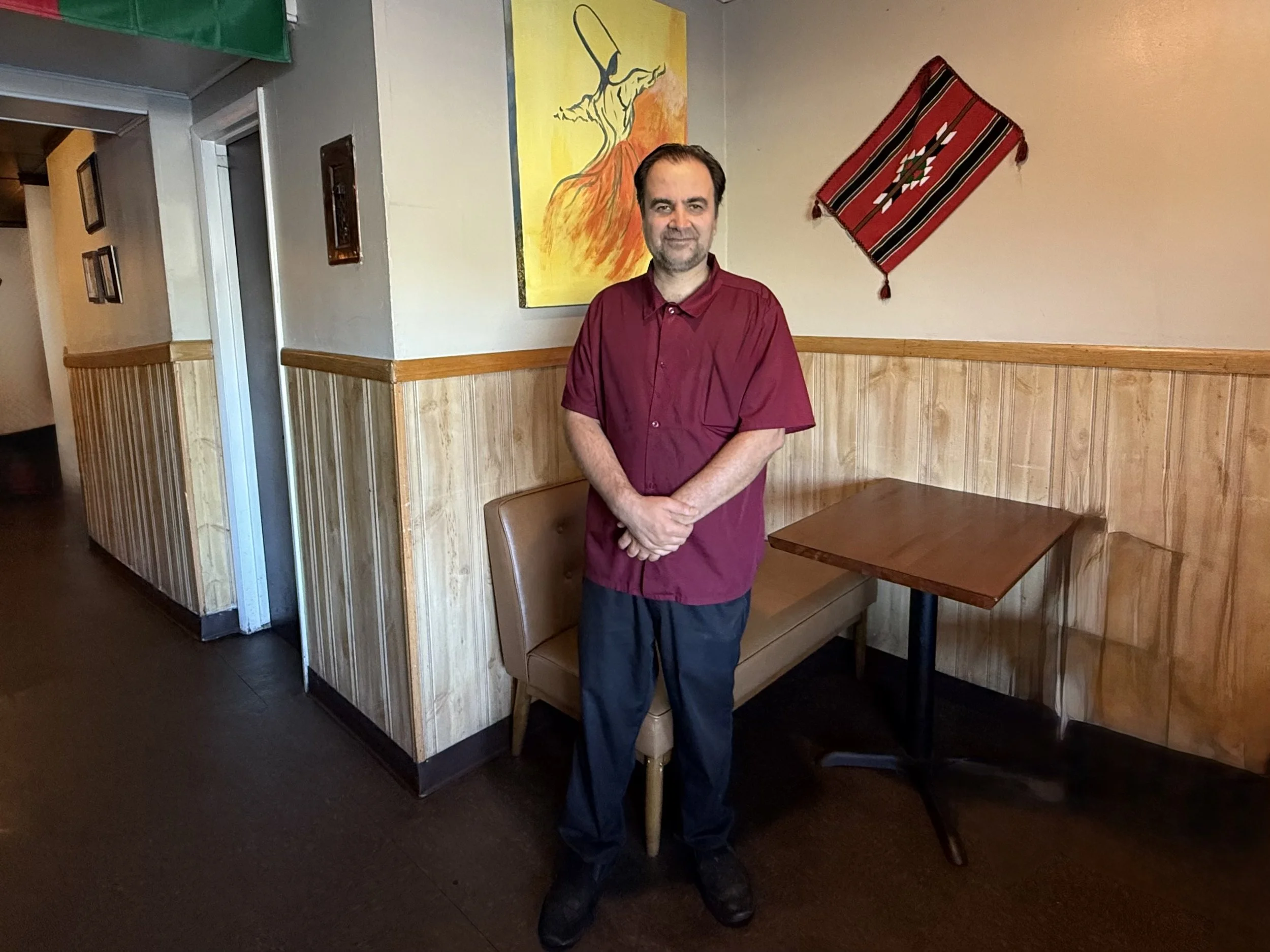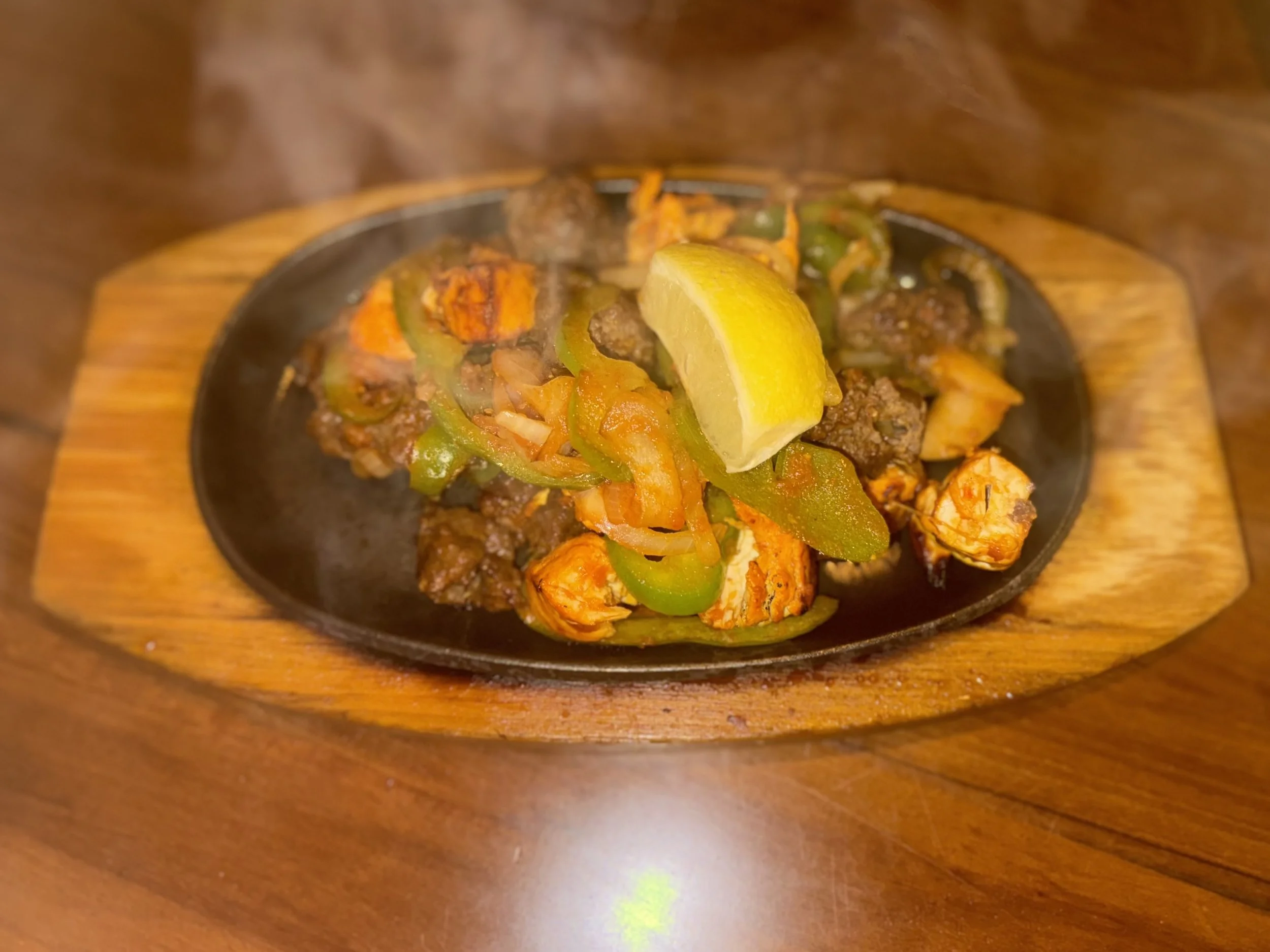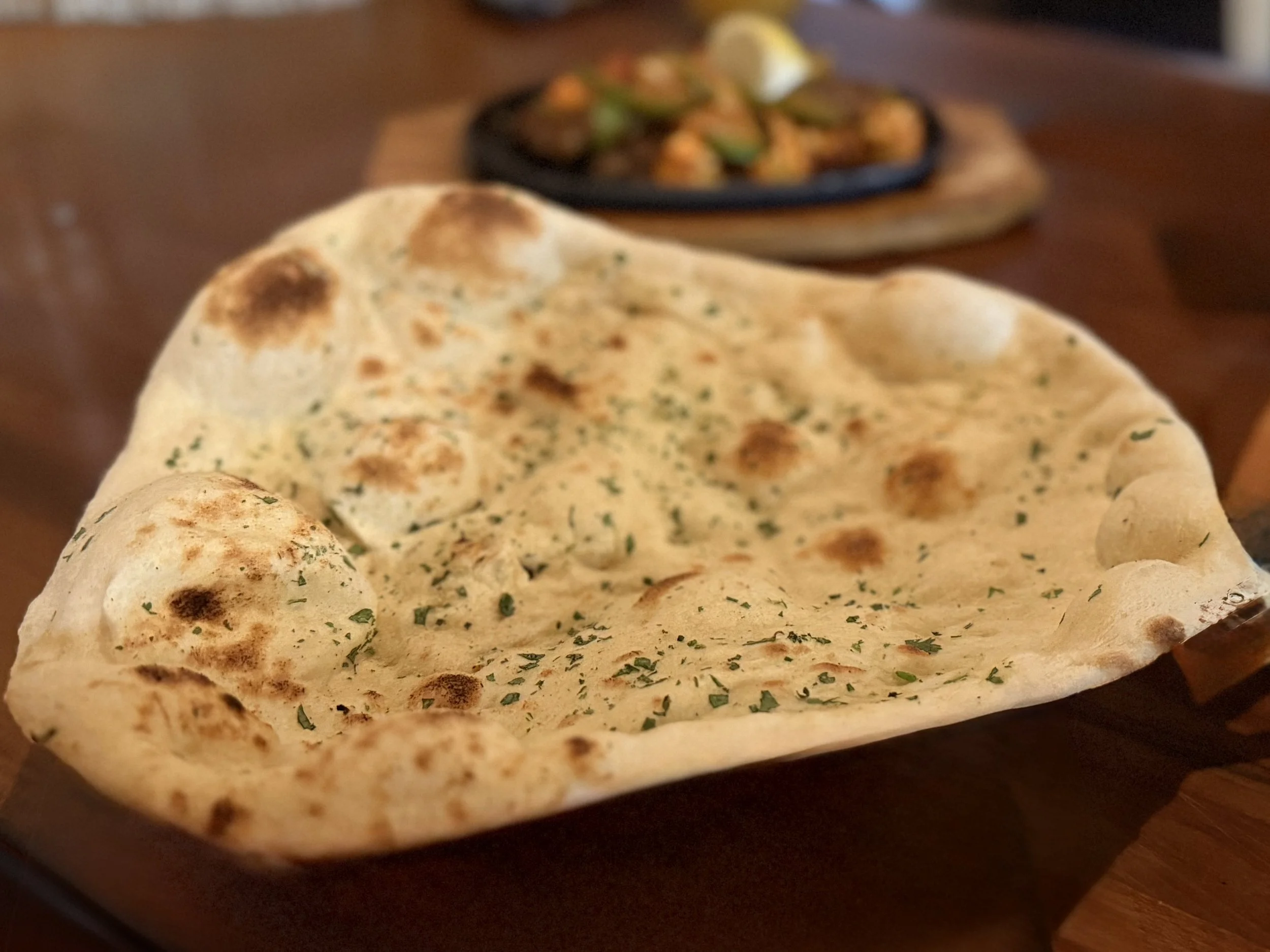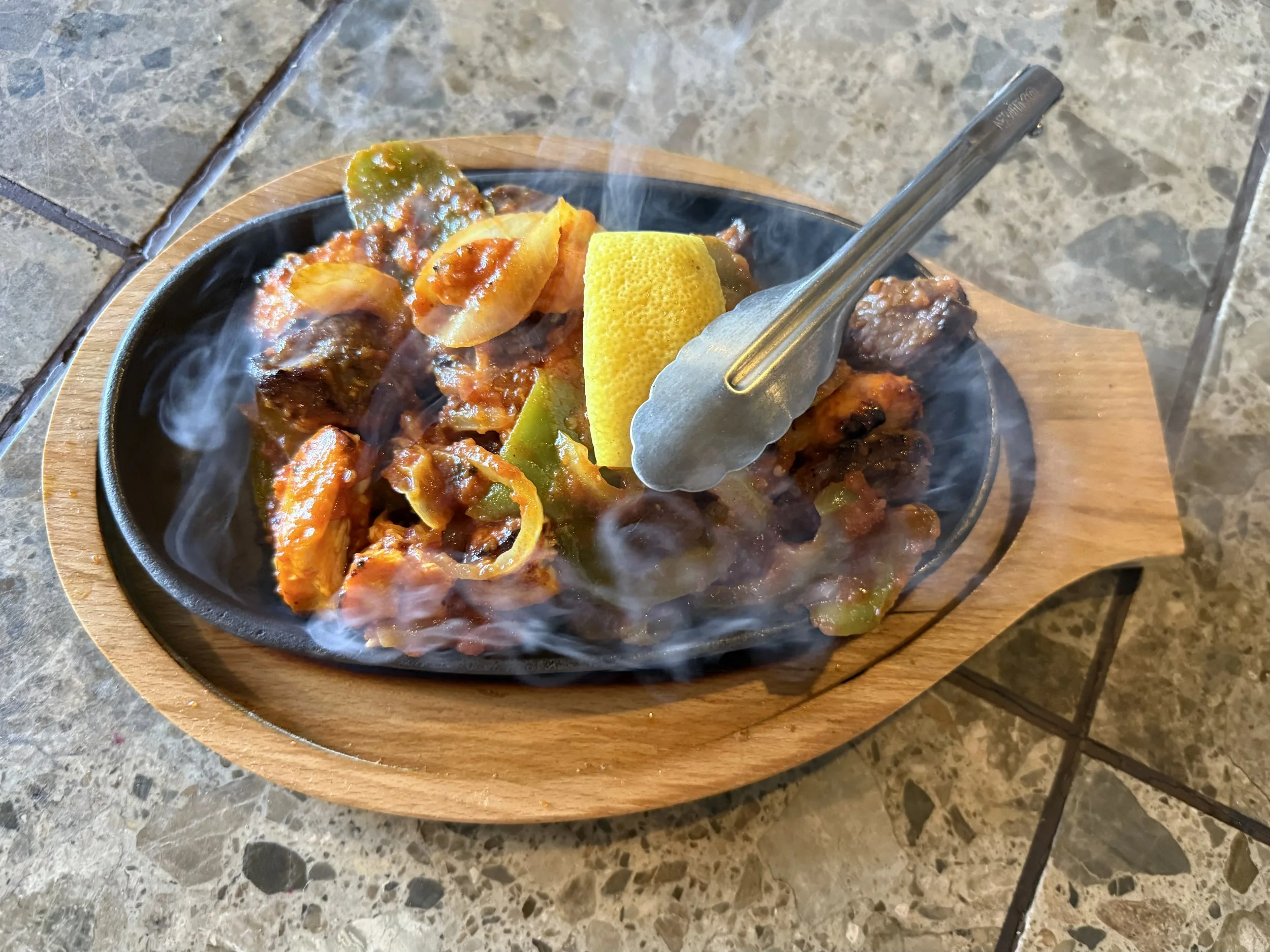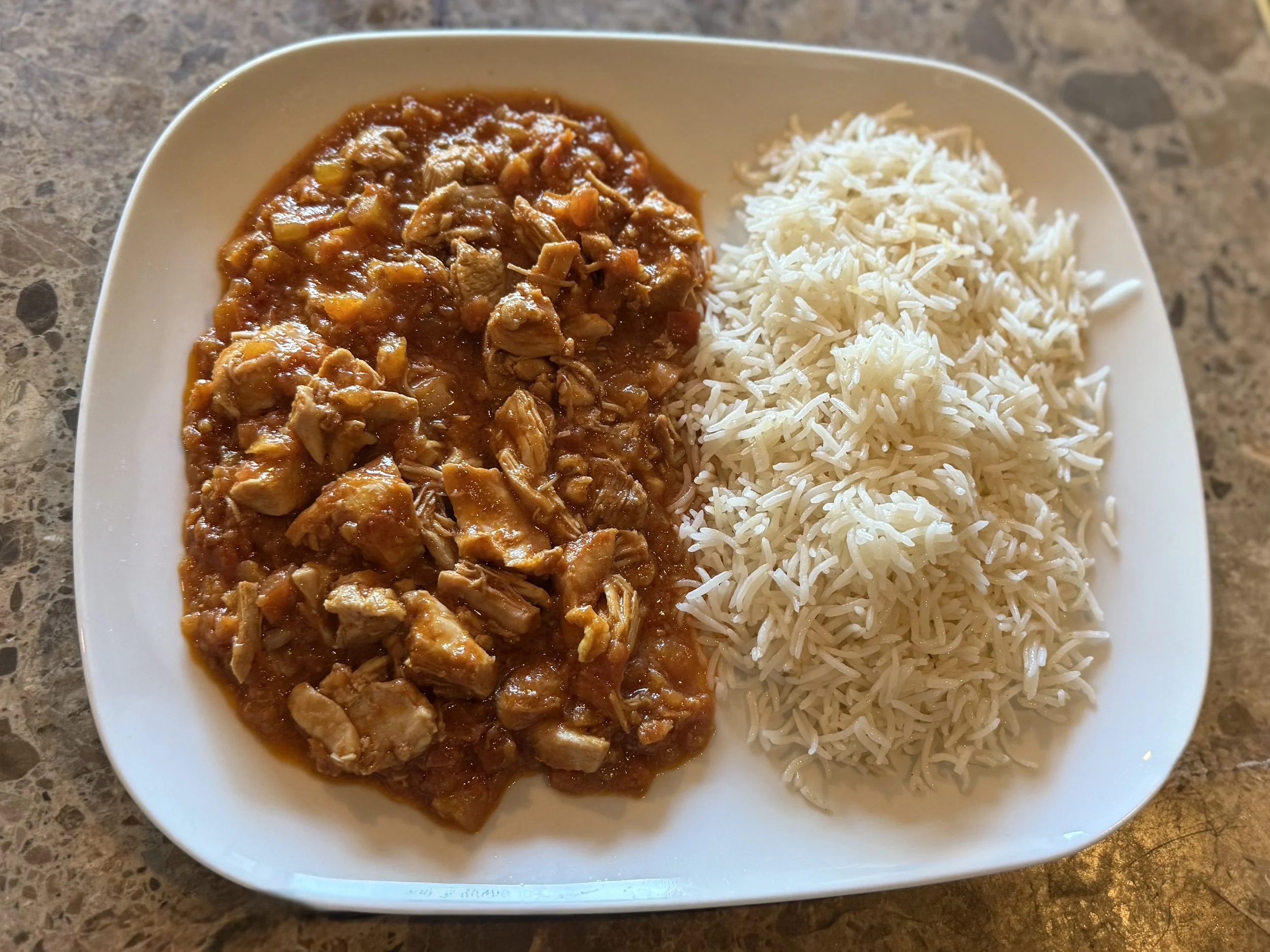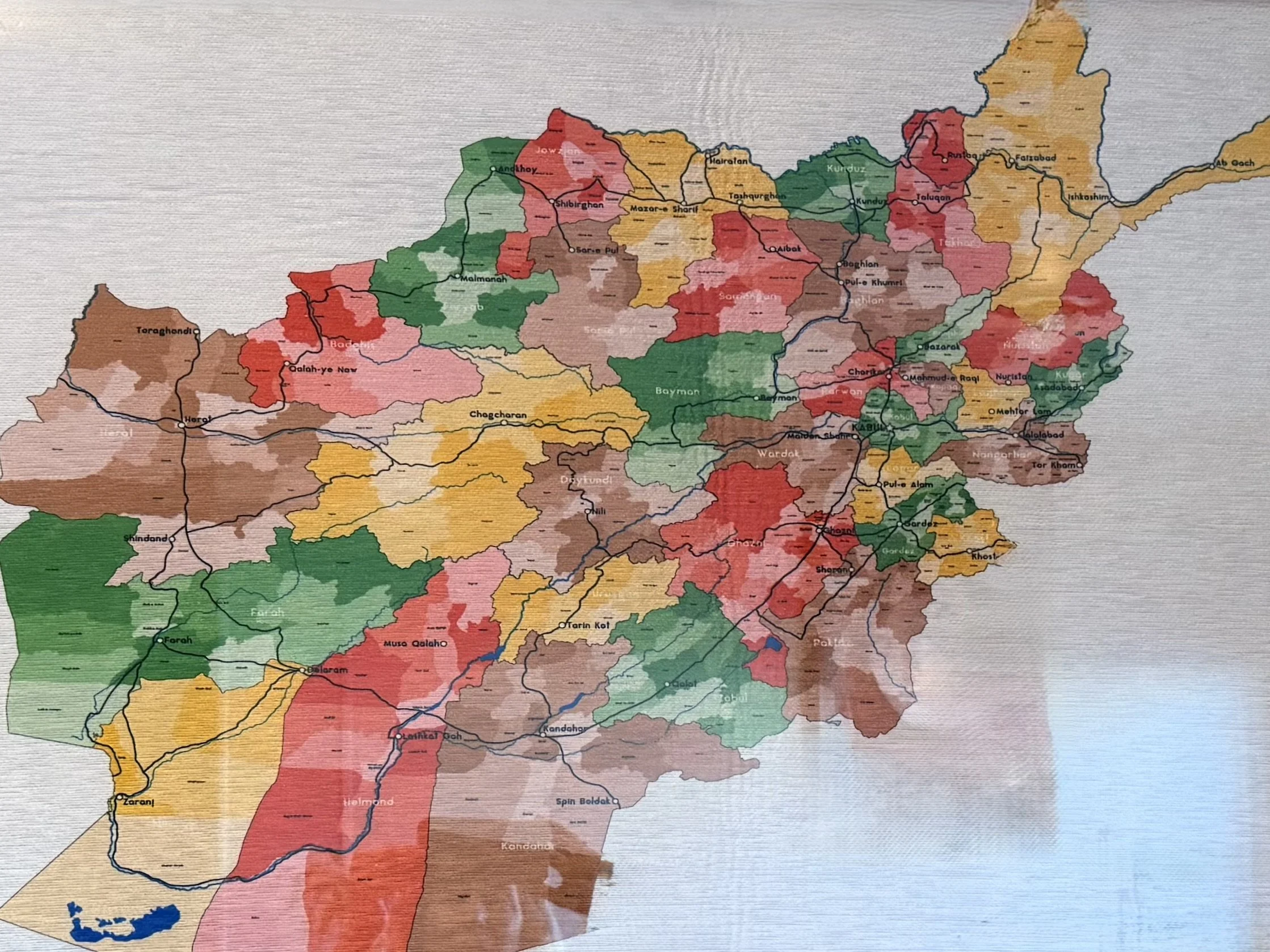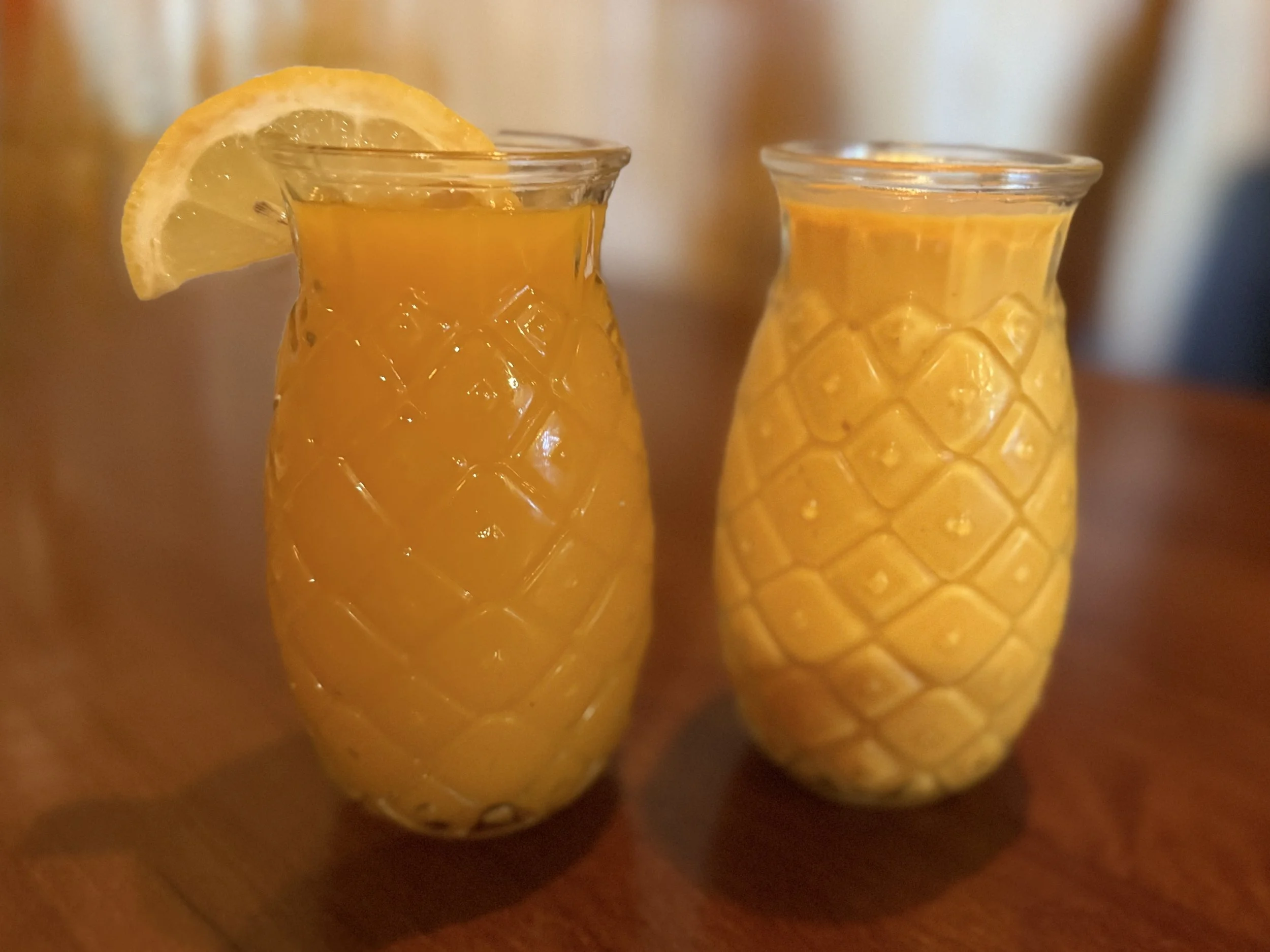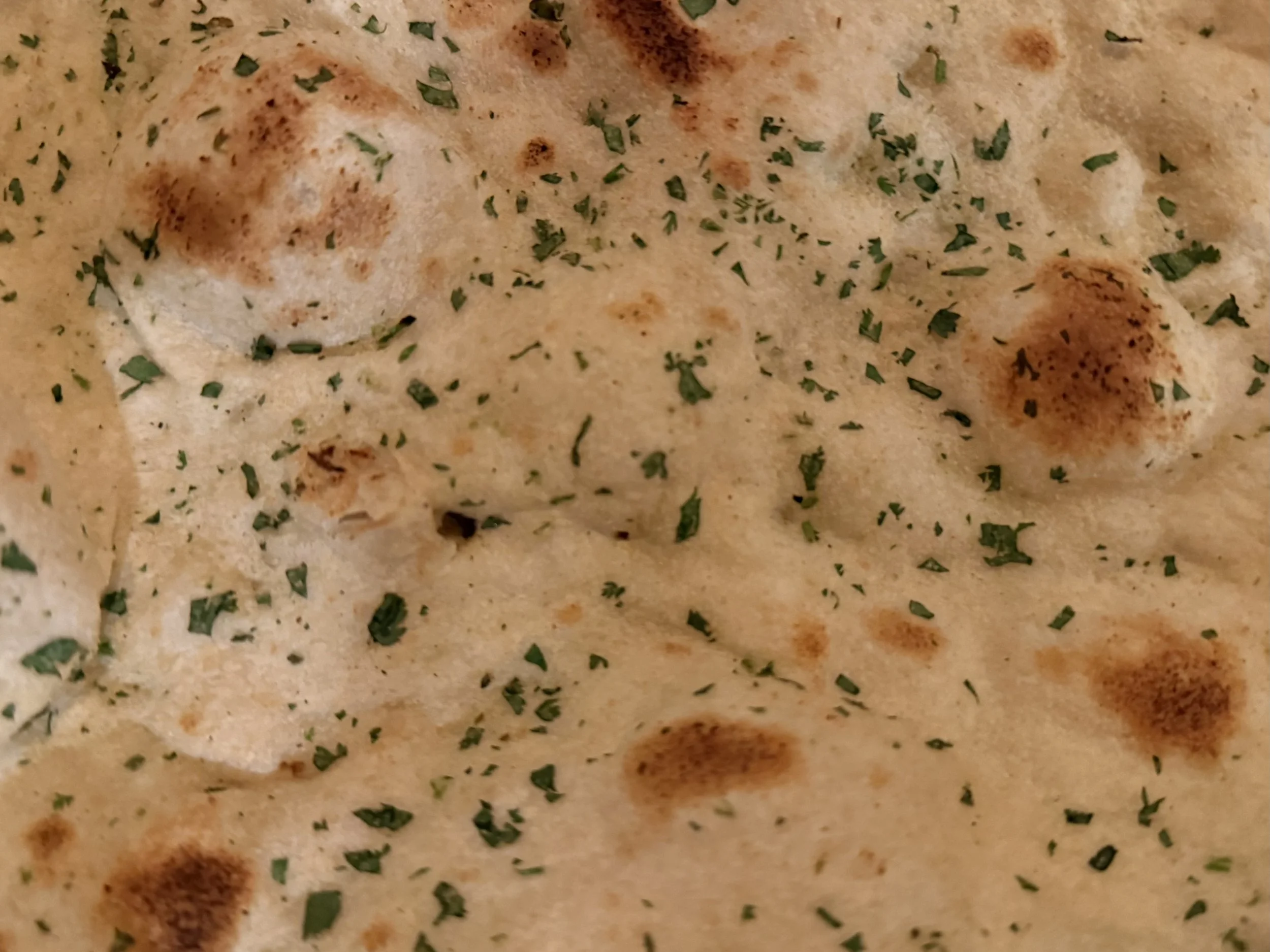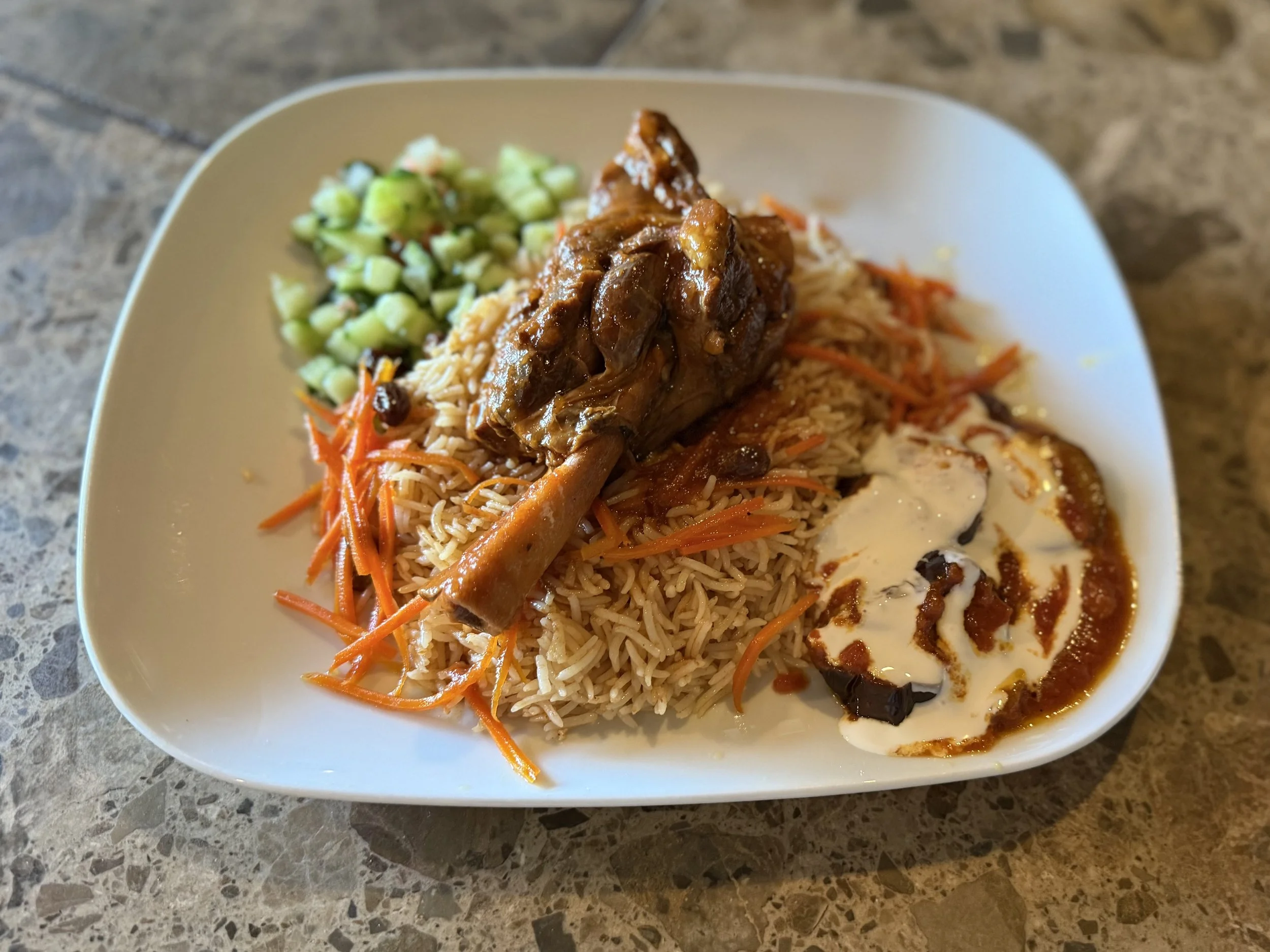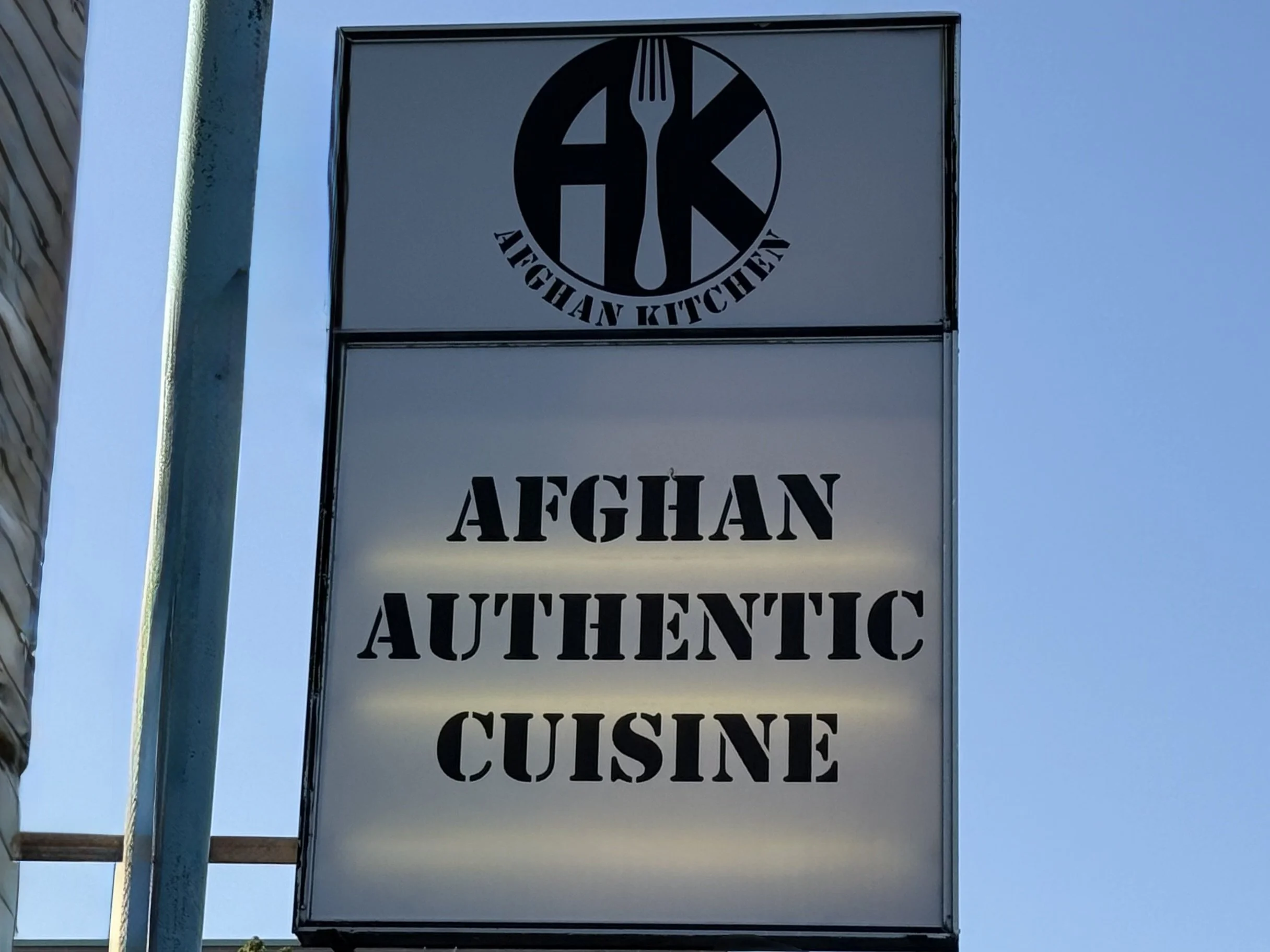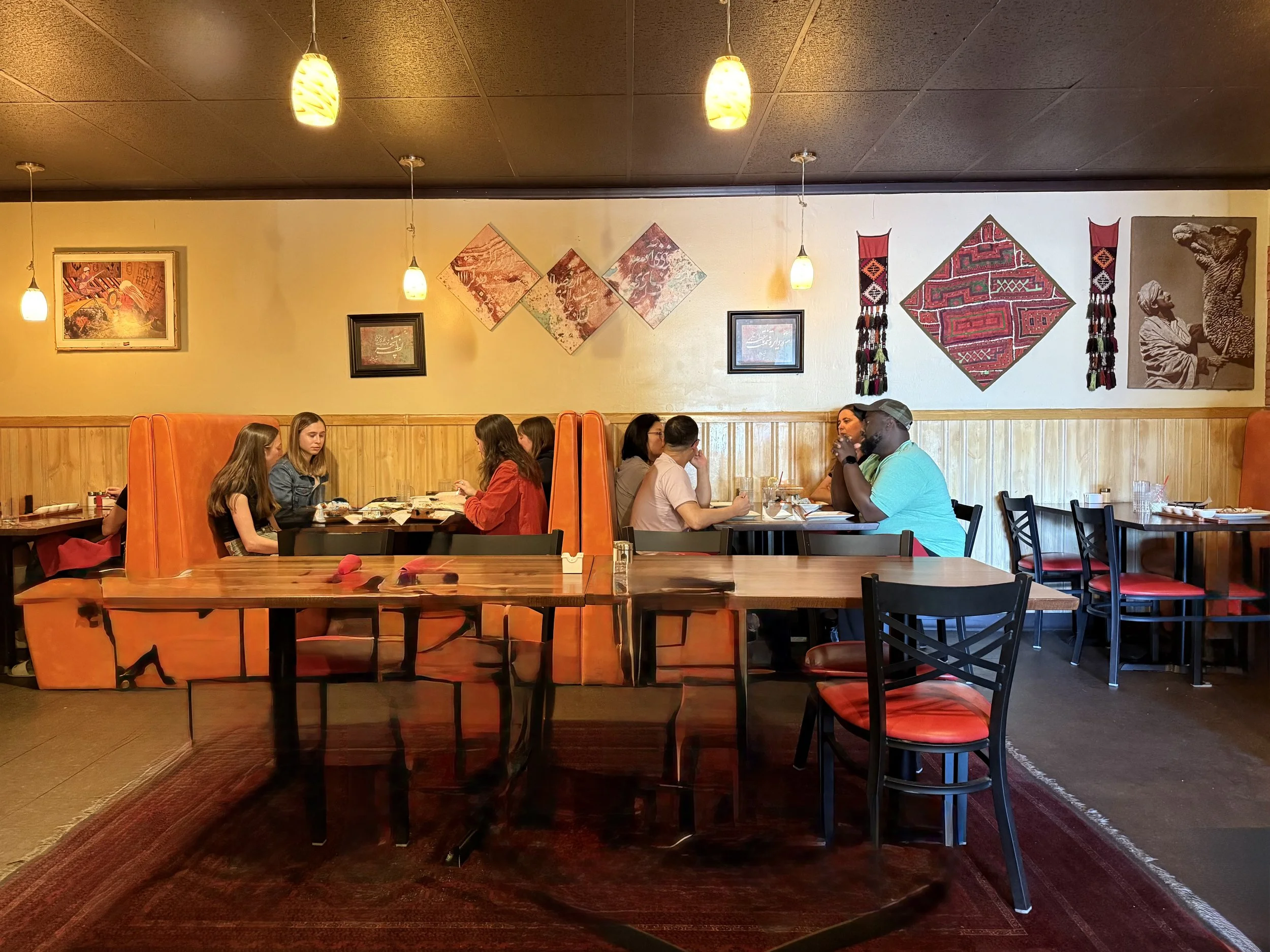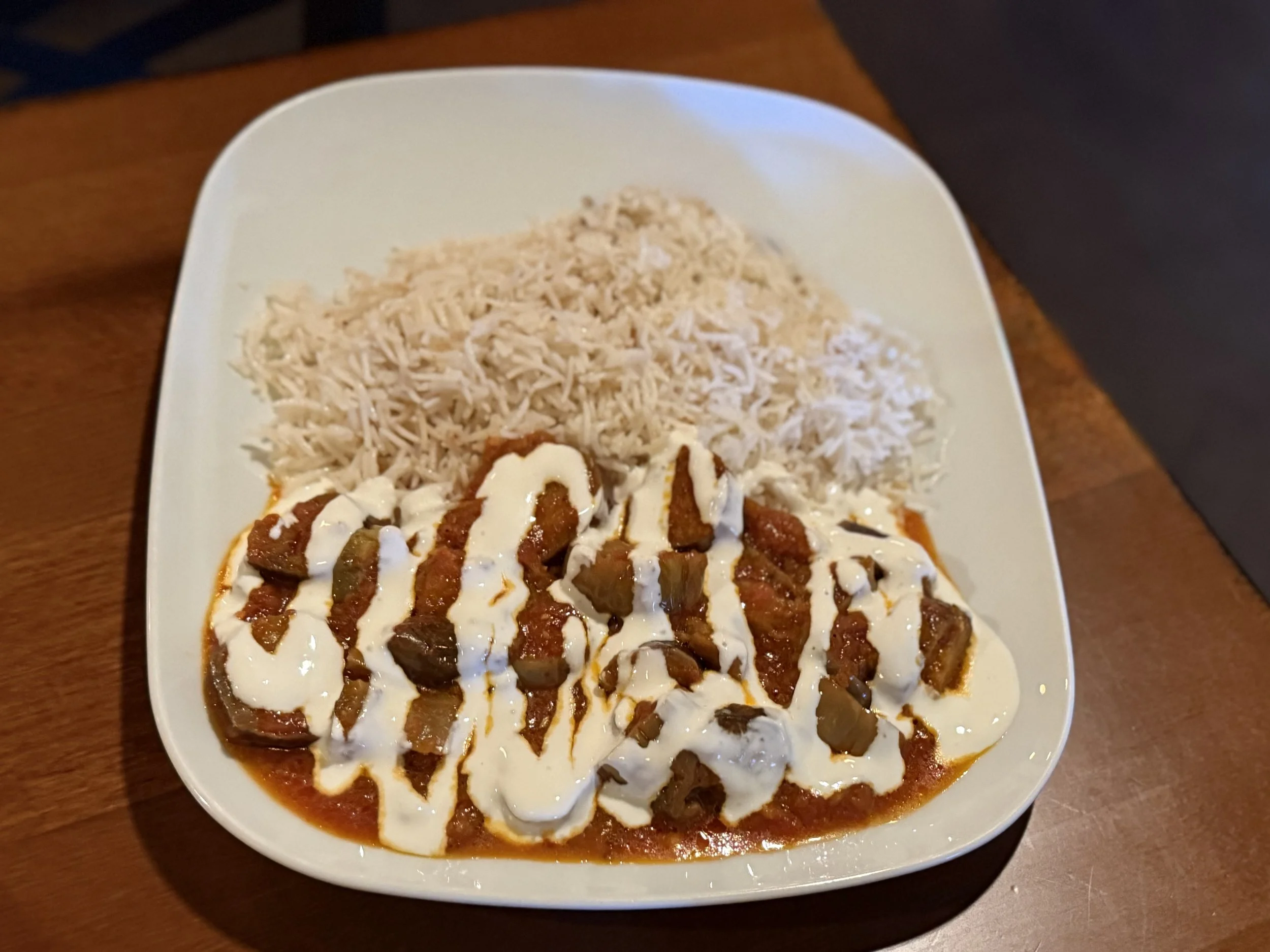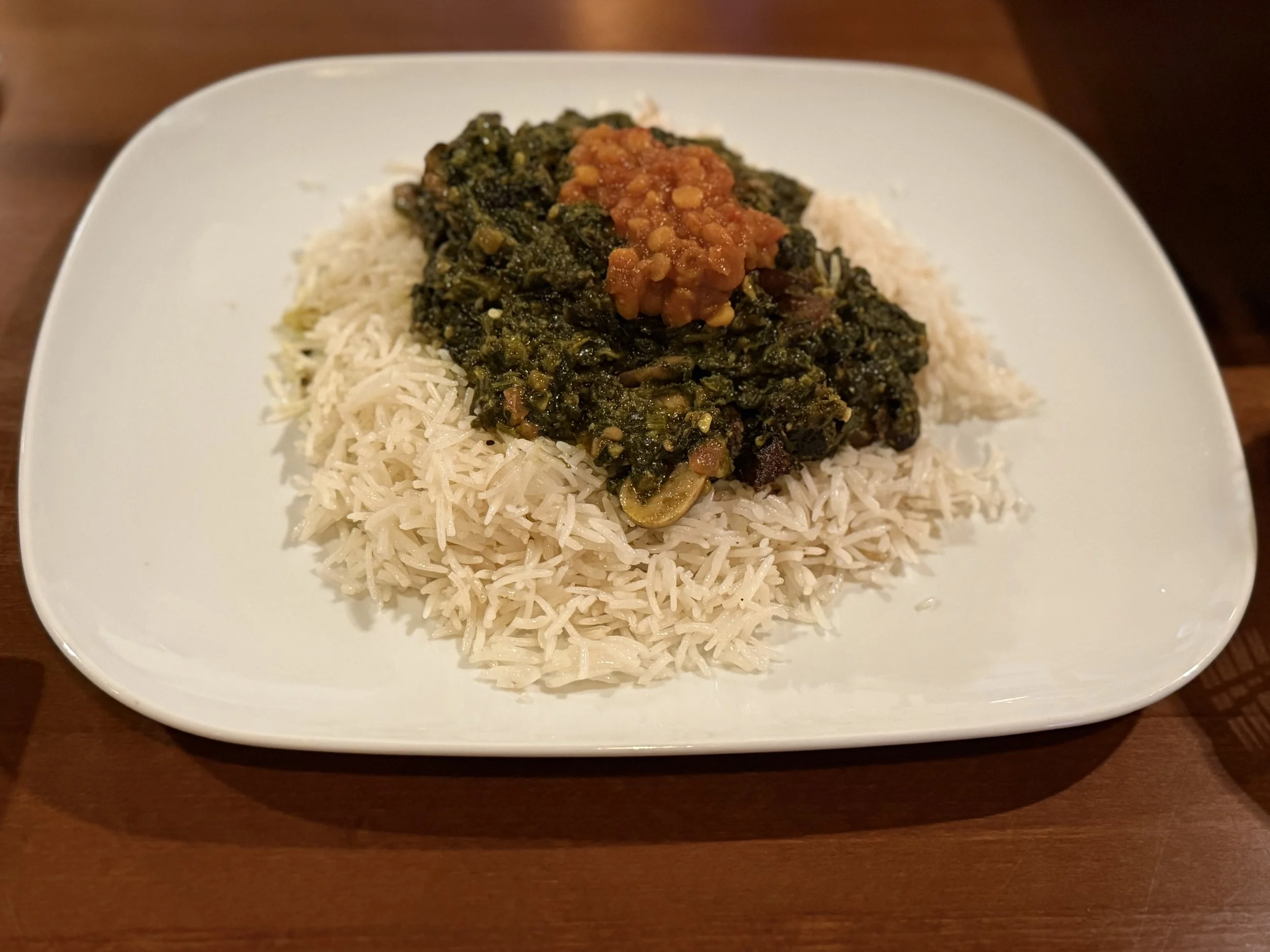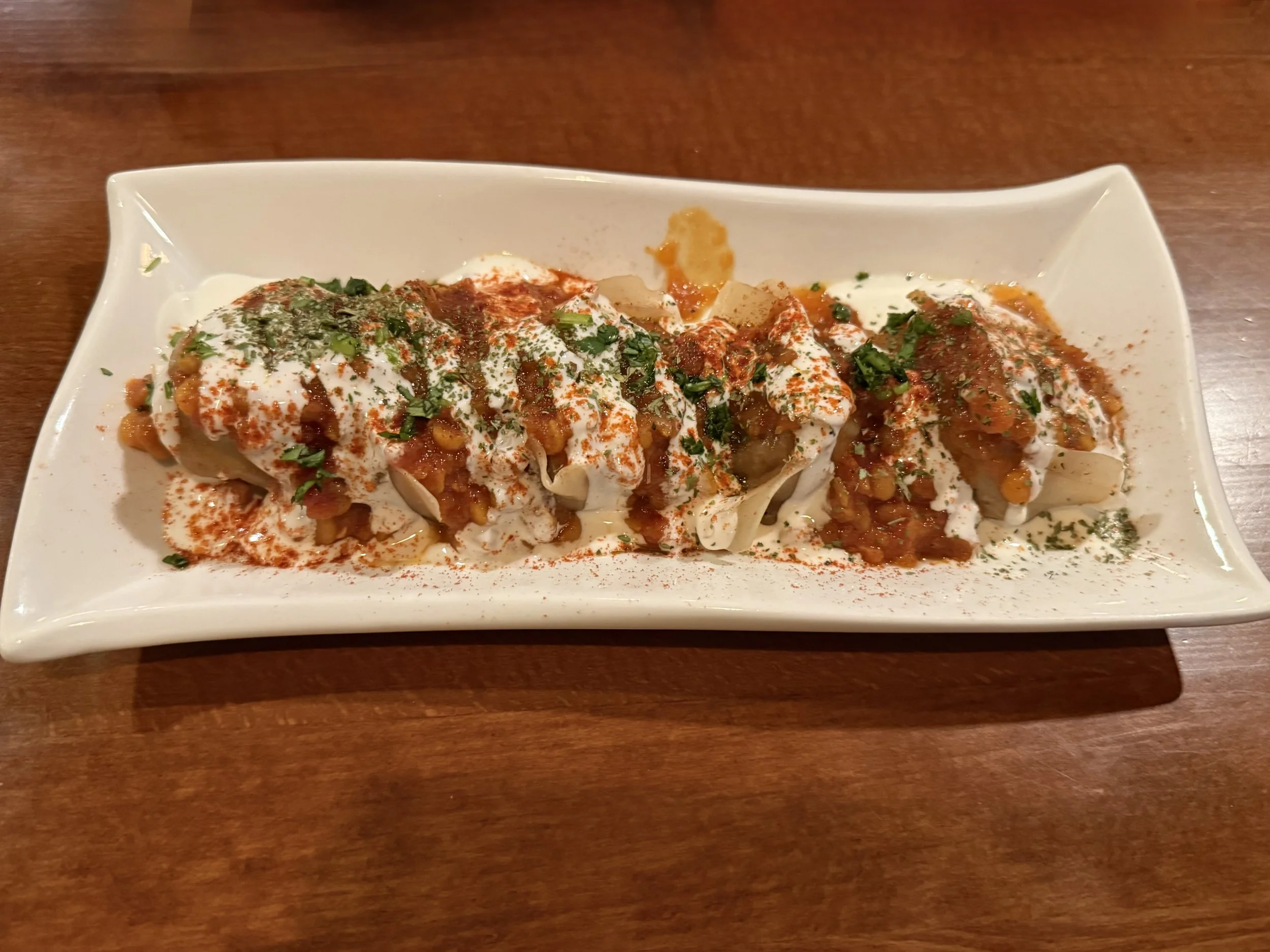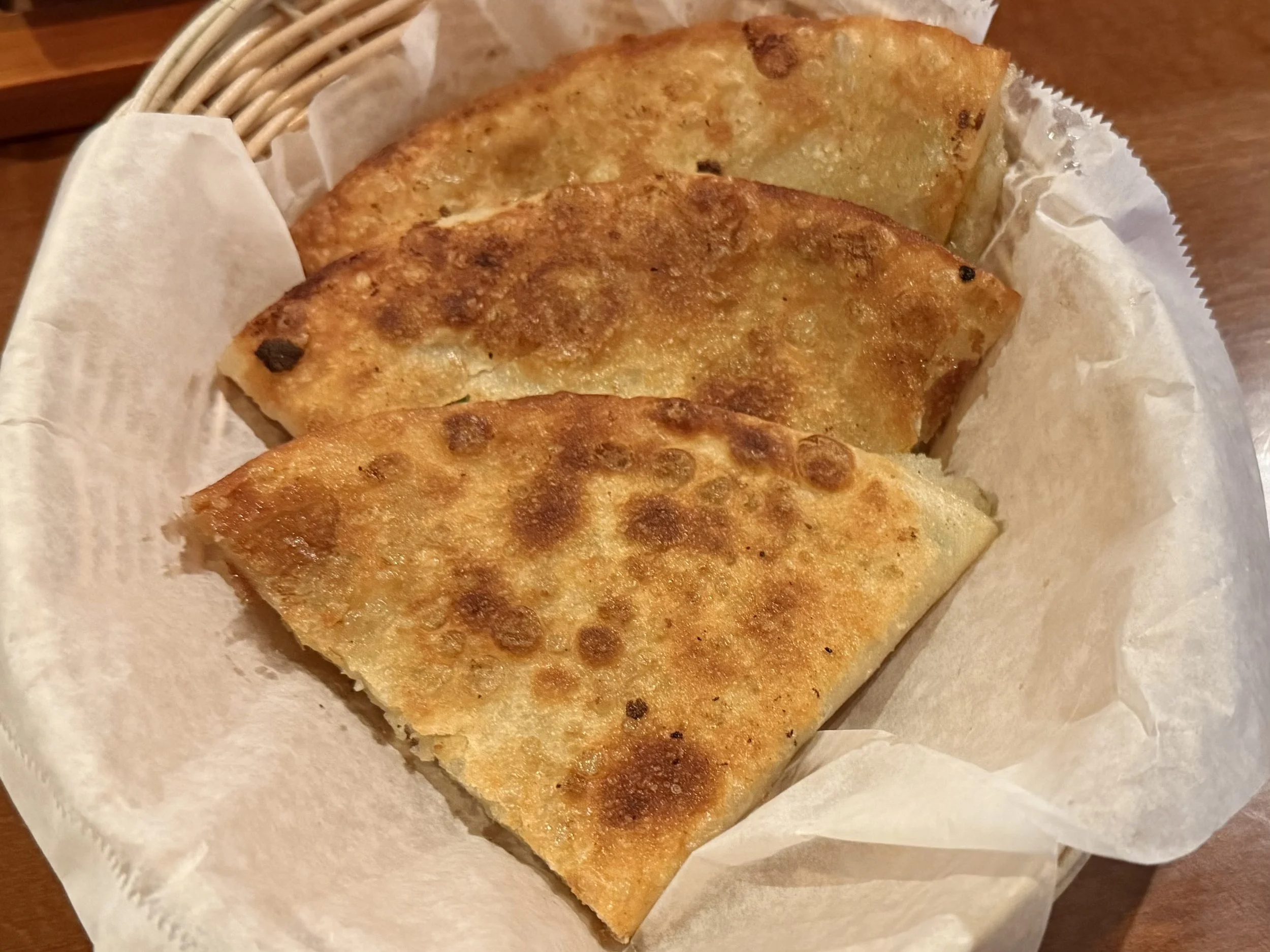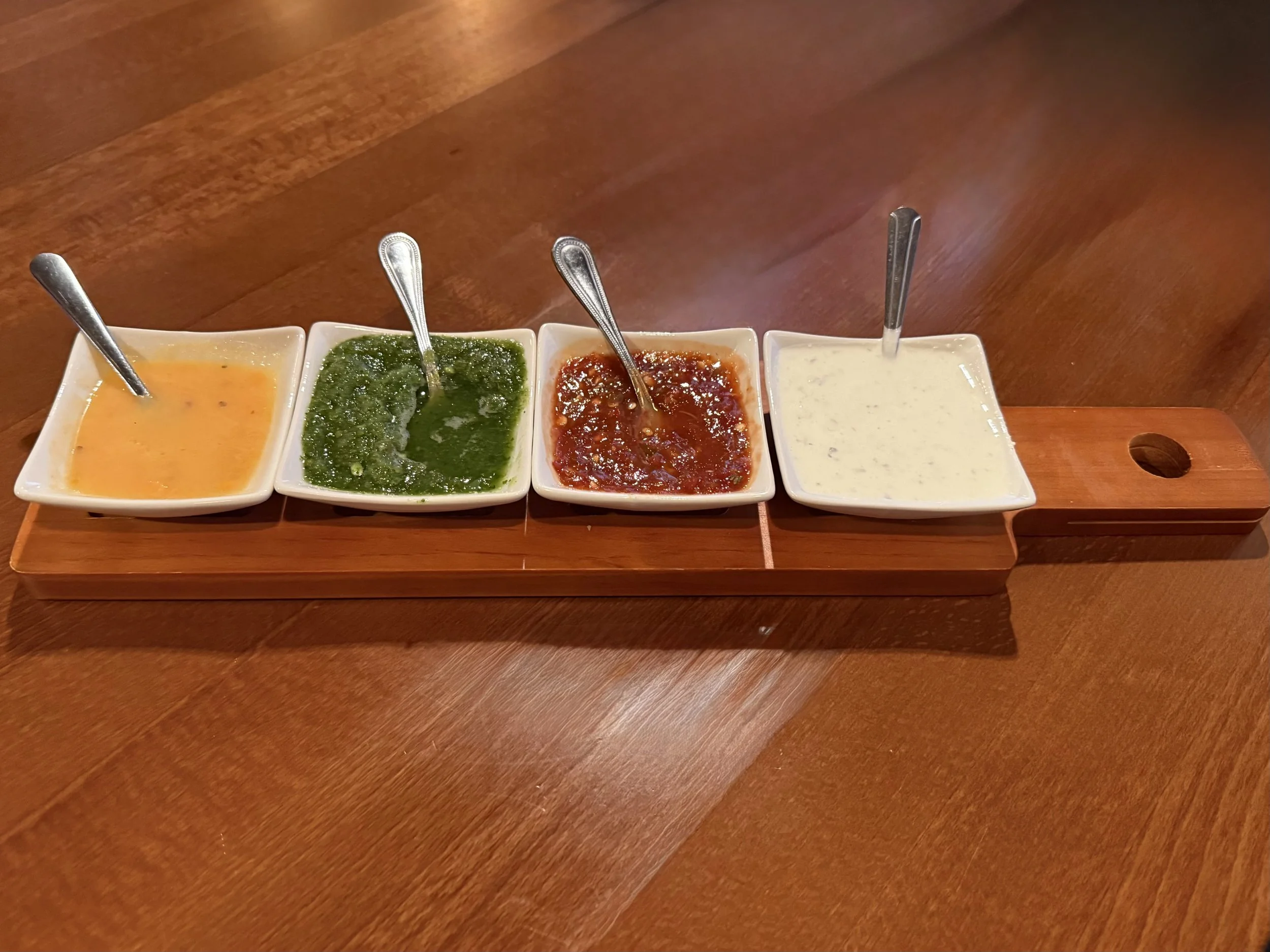Afghan Kitchen
Address: 3142 South Main Street
Telephone: 385-229-4155
Website: afghan-kitchen.com
District: South Salt Lake
“The recipes are ours,” Mohammad Naim said. “They are what we grew up eating. Now we’re lucky enough to share them.” When he opened Afghan Kitchen in 2016, Mohammad was filling a gap - not just in cuisine, but in culture and connection. Years earlier, Mohammad had launched a small spot downtown called Curry and Kabab, but it was only after recognizing how few Afghan restaurants existed in Salt Lake City that the vision for something deeper took hold. “There were a few back in the 1990s,” he explained, “but they had closed. Since our U.S. soldiers had spent time in Afghanistan, many had become familiar with our food. So, I thought why not?”
Afghan Kitchen quickly became a gathering place, not only for those craving traditional Afghan flavors, but for anyone seeking warmth, generosity, and the comforts of home-cooked food. Around the same time, Mohammad opened a second location on South State Street with his cousin. Though the two restaurants were originally quite similar, they eventually divided responsibilities - Mohammad now runs the South Salt Lake Afghan Kitchen independently, while his cousin continues to operate the State Street location.
Born in Kabul, Mohammad fled the Afghan civil war with his family in 1992 and spent over a decade as a refugee in Peshawar, Pakistan. His parents eventually won the U.S. immigration lottery, and his father arrived first, followed shortly by his mother on the very day of 9/11. Mohammad joined them in Salt Lake in 2003. Coming to the U.S. was a major transition. “Society is 180 degrees different,” Mohammad explained. “It was pretty shocking at first.” From the language to the culture to the pace of daily life, everything felt unfamiliar. “But slowly, we adopted,” he said. “We adjusted. We built a life.”
Mohammad took a job at Walmart and later enrolled in college, though family responsibilities made it difficult to complete his degree. Instead, he found his way into the restaurant world. “I’ve loved this business from the beginning,” he said. “I knew I needed to get trained - to understand how to run a restaurant.” He eventually worked at a well-known local establishment before striking out on his own.
The inspiration for Afghan Kitchen came from Mohammad’s mother. “She is a very good cook,” he said. Though she no longer works in the kitchen, her recipes and techniques remain the foundation of the menu. His wife, Manar, born and raised in the country of Jordan, is also an essential part of the operation. The two met when she was teaching at the local academy where his son attended. She had arrived in the U.S. in 2000 at the age of twenty-two. “We have five children between us,” Mohammad shared proudly, “all born here, and when the older ones are able, they help out in the restaurant."
Afghan Kitchen’s space is modest, housed in an older building, but there is no mistaking its soul. The walls hold art and calligraphy from Afghanistan, some created by Mohammad himself. “We may not have a fancy place,” he said, “but it is ours. It means something.” Mohammad never imagined he would own a restaurant when he first arrived in Salt Lake, but he believed in the American promise. “Here, if you work hard, you can become anything. That’s what I tell my kids.”
The food has remained consistent for almost a decade now. The restaurant’s signature dish is the lamb shank, slow-cooked for hours in a sauce made with garlic, ginger, tomato, onion, and a house-blended chana masala - Afghan Kitchen’s own secret spice mix. The lamb is served with saffron basmati rice, cooked in the northern Afghan style, and topped with caramelized carrots and raisins. “It is our most popular dish,” Mohammad noted. “It takes time, but that’s what makes it special.”
The kababs - beef tenderloin, chicken, lamb, and shami (ground beef) - are all marinated and chargrilled. There are several choices of dumplings (mantu or ashak), and vegetarian guests are always delighted with the burani bonjon - eggplant fried gently and layered with garlic tomato sauce and homemade yogurt. Another huge crowd pleaser is the bolani - a crepe filled with mashed potatoes and green spices - crisped to perfection. “My mom used to make that for us when we were little,” Mohammad said. “It’s one of the most traditional street foods in Afghanistan.”
And then there is the naan. “In Afghanistan, we eat far more naan than rice,” he explained. “But our clay ovens here are not as deep, so we have to make it a little differently.” Still, the long, oval-shaped bread is a staple on the table, and a point of pride for the chef, especially the garlic naan.
While many of his guests are American, the restaurant has also become a gathering space for others from Afghanistan, Pakistan, India, and beyond. Mohammad has trained his staff - many also Afghan - in the kitchen, and though he is no longer behind the stove every day, he still steps in during busy times. Manar, meanwhile, prepares many of the appetizers and desserts. “She’s a wonderful cook,” he said. “And it’s special for people to taste the love that comes from a dish made at home.” He continued, “Back home, people don’t eat out as much.”
And what does he hope people feel when they eat at Afghan Kitchen? “The seasoning is moderate. The food is cooked with care. But what I really want them to feel,” Mohammad said, “is hospitality - the kind we were raised with, where you feed people like they are part of your family.”

